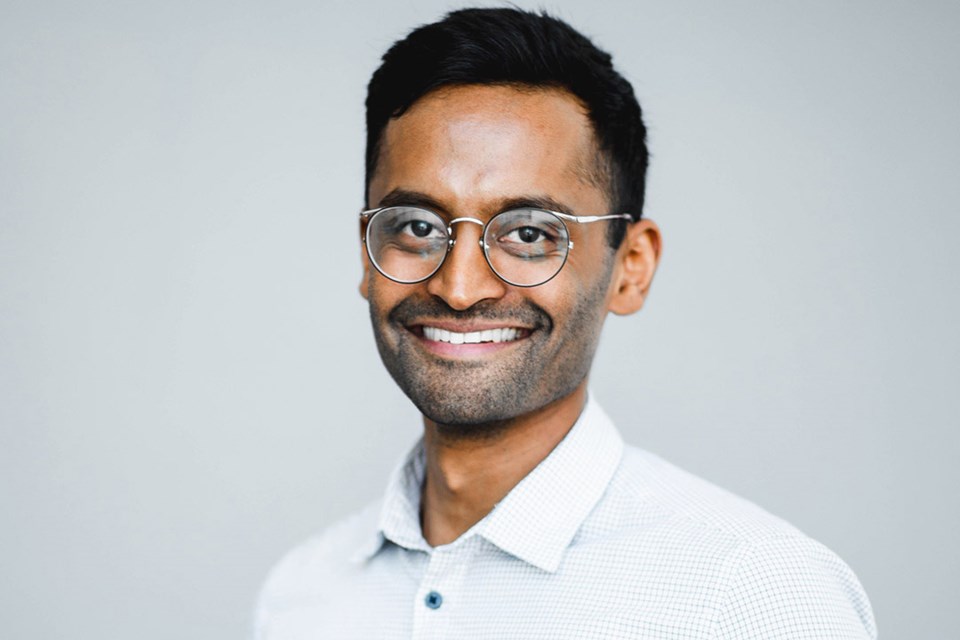SASKATOON — Dr. Thilina Bandara (PhD) describes the University of Saskatchewan (USask) as a second home.
His campus visits have spanned for as long as he could remember, beginning in the early 1990s shortly after his father, Dr. Manjula Bandara (PhD), completed his time as a PhD student in the USask College of Agriculture and Bioresources all the while raising a young Sri Lankan family.
“I grew up on this campus and the research crop fields surrounding it,” said Bandara. “Some of my earliest memories are of running between the agriculture building and the biology building, eating Sun Chips from the vending machine and gawking at the dinosaurs.”
Bandara said it feels as though he never left.
Exactly 30 years after his father achieved his PhD in Crop Physiology, Bandara was awarded a PhD in Community and Population Health Sciences at USask.
"We are at a moment in public health that demands a diverse expertise to help alleviate systemic injustices. Asian Canadians are important allies in this coalition, and I’d encourage Asian students to bring humility, empathy and a sense of justice to the public health field.”
Dr. Thilina Bandara
Bandara, now an assistant professor part of the USask School of Public Health, said he feels very fortunate to be able to pay his positive experiences forward to the campus and a new generation of students attending the university.
“Being a South Asian professor in Saskatoon and in Canada has been great,” he said. “I do find the representation in my field quite diverse; much more than other fields in fact.”
Currently, Bandara’s research — in the fields of Public Health Systems and Services Research and Immunization Research — involves social, political and economic aspects of population health.
“I apply a mix of policy, epidemiology and organizational research methods to understand how to improve our systems,” he explained.
As for Asian students that would like to follow in his footsteps, Bandara advised: “The pandemic laid-bare health inequities to those who may not have noticed. We are at a moment in public health that demands diverse expertise to help alleviate systemic injustices. Asian Canadians are important allies in this coalition, and I’d encourage Asian students to bring humility, empathy and a sense of justice to the public health field.”




